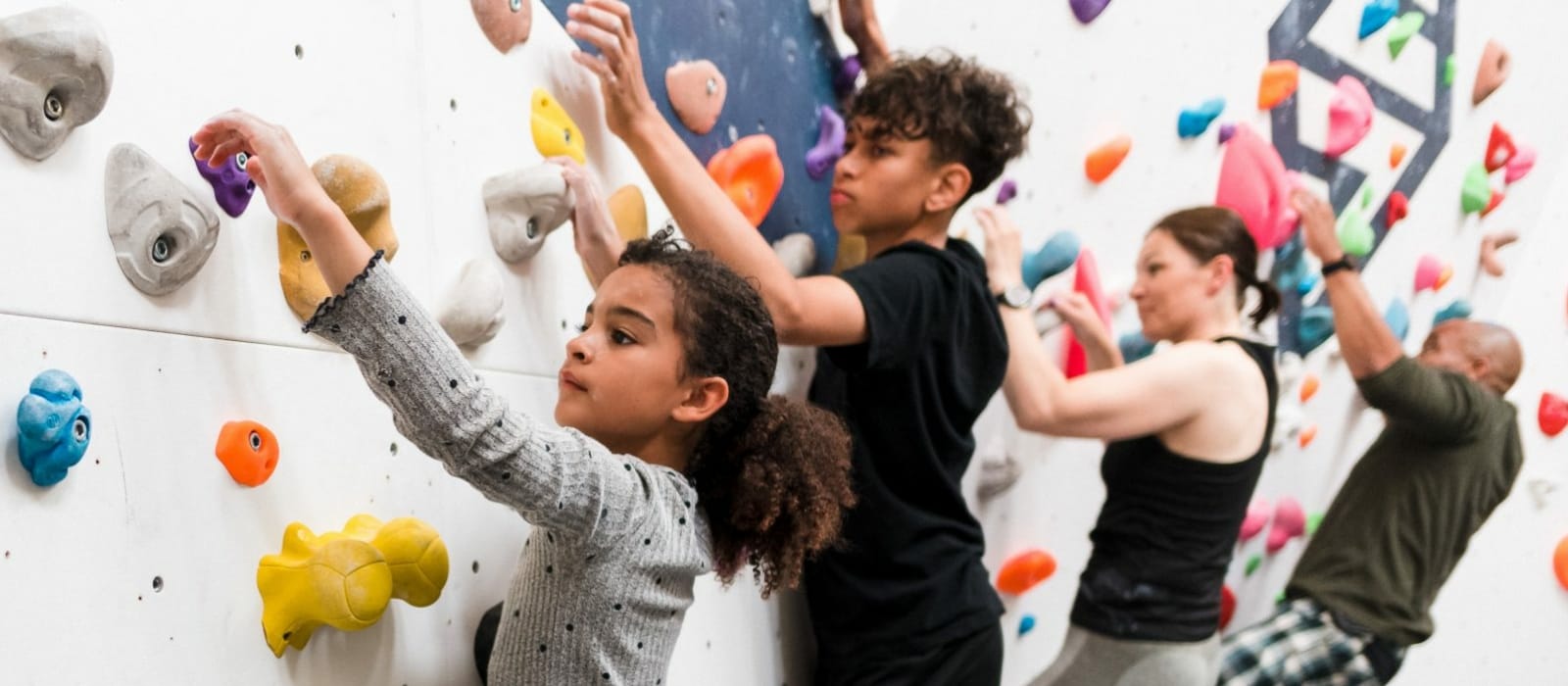
Your Movement Matters: Plas y Brenin’s Commitment to a More Diverse Outdoors
As you may have seen, the results are in following our comprehensive research report Your Movement Matters, which was designed to improve diversity in the adventure activities sector.
In a bid to really understand current participation in activities as well as the key barriers and enablers, the report was a result of eight of the UK’s leading walking, climbing and outdoor leisure organisations coming together.
We joined forces with The Association of British Climbing Walls, the British Mountaineering Council, The Camping and Caravanning Club, the National Indoor Climbing Award Schemes, Mountain Training, the Outdoor Industries Association and Ramblers to commission the research, conducted by Leeds Beckett University.
The first collaborative project of its kind, the research explored the demographics of participation in all levels of activity, from urban walking or indoor climbing to overseas mountaineering. Conducted with a sample of more than 4,700 people living in the UK, the research measured the true state of participation by different communities to help inform and shape the group’s collective approach to improving diversity.
While the results indicate an encouraging representative gender split of people who climb indoors (50% male, 46% female and 3% other genders) and with those who take part in non-mountainous walking activities (49% male, 48% female, 2% other genders) those who climb outdoors and who go mountaineering are still predominantly male, accounting for 58% and 57% respectively. Similarly, there is work to be done to welcome and champion more people from Black, Asian and ethnic minority heritages who want to take part in activities in more rural outdoor settings.
According to survey respondents, barriers preventing activities in the sector from being as diverse as they could include a lack of representation and role models as well as the cost of participation and a lack of transportation and access to facilities and environments.
As a group, we are using the findings to support the development and implementation of evidence-based diversity and inclusion strategies, specifically in the following areas:
- Educating ourselves and our workforce – to gain greater insight from the lived experiences of those who are underrepresented.
- Improving the diversity of people – within all levels of our organisations and in the imagery used to promote walking, climbing and camping.
- Developing collaborative relationships – with community groups and individuals who can help us effect change and improve pathways for people to access walking, climbing and camping.
- Holding ourselves accountable – for our actions and setting targets to improve equity, diversity and inclusion.
For our part, we have already started investing more time and resources welcoming diverse groups. We are running a pilot training scheme with the Muslim Scout Fellowship (MSF), which, if successful, will be rolled out on a wider scale.
In partnership with Experience Community, we will be delivering residential weekends that will support people with disabilities to get outdoors and participate in activities which allow them to get to places they may have never been able to access before, following a successful first weekend last year.
We’re also planning a number of events to encourage more women to try paddlesports.
While we’re making progress, it’s clear there is a lot more to do – both collectively and as individual organisations. As the National Outdoor Centre, we have a role and responsibility to take action to make the outdoors more diverse. From hiring staff from different backgrounds to creating initiatives and offerings that will help make outdoor learning more welcoming and accessible, so that more people can experience the often life-changing benefits associated with outdoor learning.
